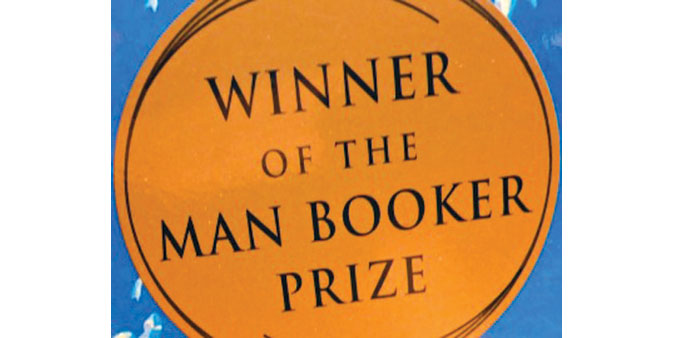|
Organisers of the Man Booker prize yesterday announced the biggest rule-change in its 45-year history with the confirmation that all English-language writers will be eligible from next year. |
That means US writers will now be included in an award that has previously been restricted to citizens of the Commonwealth (including Zimbabwe) and the Republic of Ireland. However, the prize’s director, Ion Trewin, said they had been wary of increasing the number of books judges have to read, which this year was 151.
For that reason they will next year change the eligibility rules.
Instead of publishers being able to submit two books, it will now depend on how well they have fared in the competition previously. Publishers who have had five or more longlistings in the previous five years will be able to submit four titles; those with three or four longlistings can submit three; down to one submission slot for a publisher with no recent longlistings.
Judges will still be able to call books in, and books from all previously shortlisted authors will be automatically submitted.
The prize trustees said they had consulted extensively with around 40 or 50 writers, readers, publishers and agents over the last 18 months before deciding on the changes.
Jonathan Taylor, chairman of the trustees, said it was about reinforcing the prize’s “standing as the most important literary award in the English-speaking world”.
He added: “We are embracing the freedom of English in all its vigour, its vitality, its versatility and its glory, wherever it may be. We are abandoning the constraints of geography and national boundaries.”
His fellow trustee Helena Kennedy said there were people writing in English in China, Brazil and Israel and it was wrong that there was a kind of “border patrol” preventing entrants. It is a move that has long been resisted by the Man Booker prize organisers, who previously cited the problem of different publication dates in the US and UK.
It was only two weeks ago that Trewin told the Bookseller that they were not intending to change the rules.
In response to a question from the Guardian last week, Trewin said: “It’s one of those subjects always being discussed and at the moment what we are doing is concentrating on this year but I’ve got no plans to start announcing any major changes.”
Taylor said they had been “bounced into” announcing the change early after it was leaked to the press over the weekend. The prize organisers denied they had been pushed into adapting by the emergence of a new rival, the Folio prize.
“This was coming anyway,” said Taylor. It is something of a game-changer for the award. The academic David Brauner, from the University of Reading’s department of English literature, is an expert on US authors. He has looked back on Booker winners from 2000 onwards and believes the only one who would undoubtedly have won if challenged by American competition would have been Hilary Mantel for Wolf Hall in 2009.
He believes Jonathan Franzen’s The Corrections may well have triumphed over Peter Carey for True History of the Kelly Gang in 2001 and that Richard Ford’s The Lay of the Land might have beaten John Banville’s The Sea in 2005.

